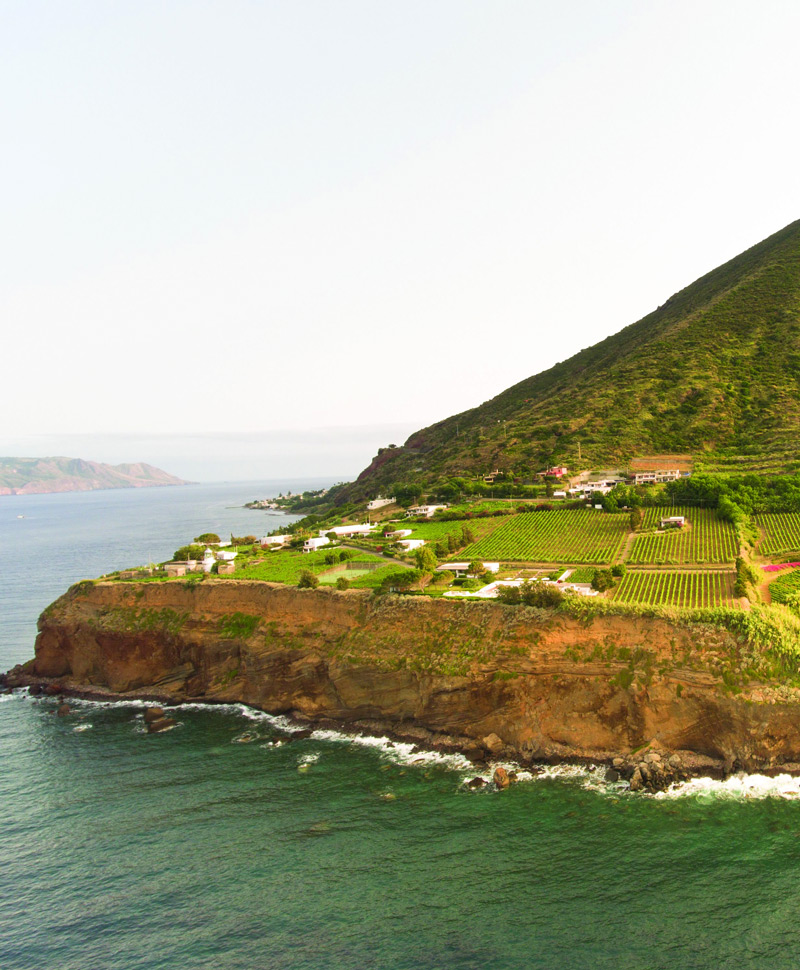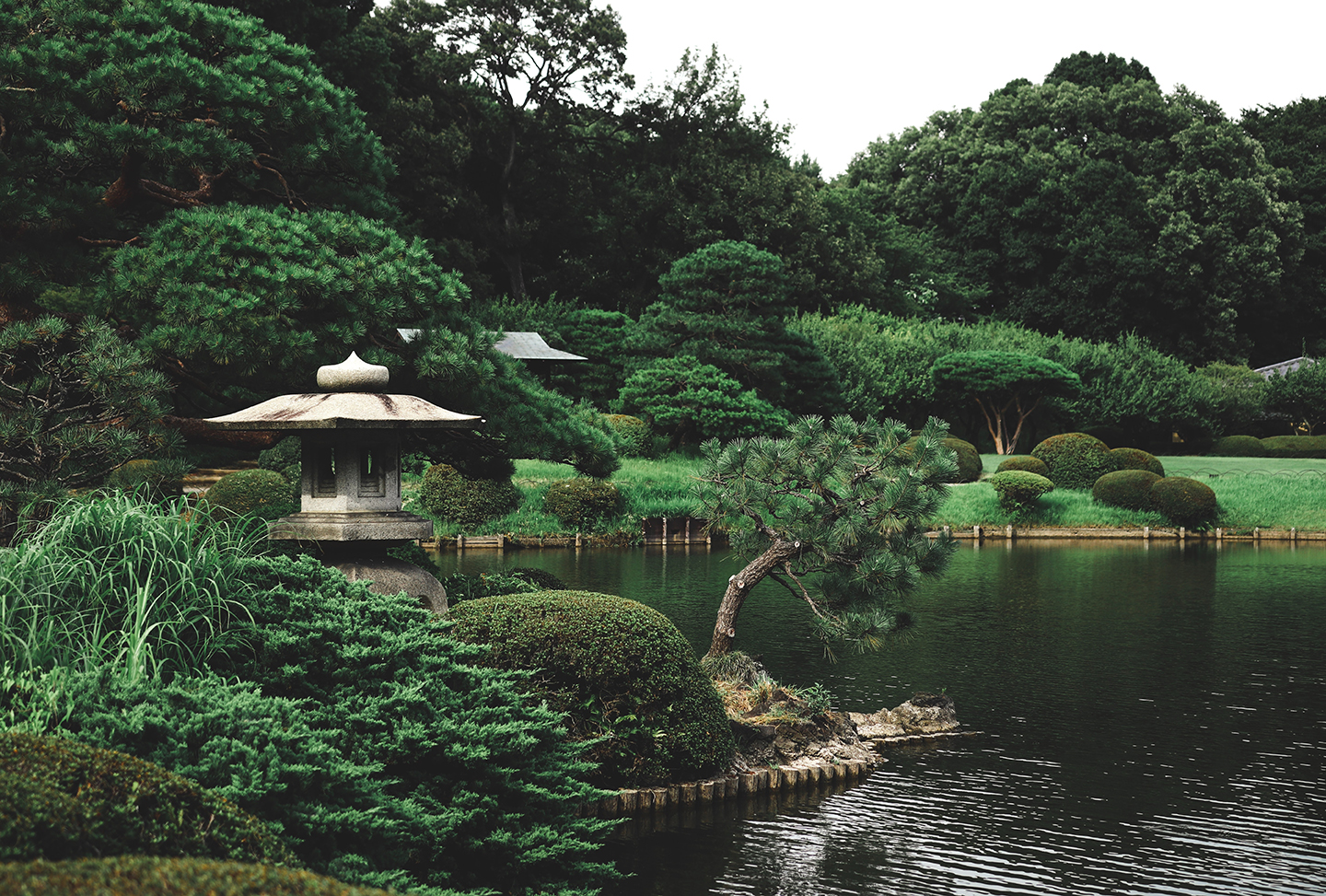Limitless possibilities in spectacular destinations, Balance Holidays' exceptionally curated wellbeing travel experiences bring individuals on multi-sensory journeys that enrich and awaken the heart, body and mind..


Japan, a country in East Asia that is often associated to artful culture, divine etiquette and the world’s oldest population. Yet, beyond the bright colours and layers of tradition, the concept of wellness is deeply forged into the Japanese lifestyle, inspiring droves of experience-seekers to get an up-close taste. Below, we explore 5 Japanese wellness concepts to look out for in 2020.
Tea, more specifically green tea, is an indispensible element to the Japanese people. Besides being the preferred drink of choice in the mornings, accompanying meals and a gesture of hospitality, green tea is not just a drink to the Japanese. It is considered a golden and multi-purpose ingredient for maintaining optimal health, which is confirmed in findings by Healthline. Rich in antioxidants and flavonoids, with five times as much Vitamin C to a lemon, these are the qualities that make green tea a cupboard staple in Japan.
Aside from the health benefits, green tea is also considered a key component of the morning ritual. Opening the new day right, still and slow with a cup of freshly brewed tea in hand, is important to the Japanese as they believe good habits will set a positive intention that influences the day.
Emerging from the 1980s in Japan, Shinrin-Yoku, translates into ‘forest bathing’ or ‘bathing in the forest atmosphere’. It is both an eco-therapy practice and exercise aimed at returning to nature to disconnect from a fast-paced, urban environment, inspiring individuals to engage in eco-experiences with the welfare of nature considered. The concept involves mindfully exploring all five senses in a natural environment to relief stress and burnt-out related disorders, benefits, which have been found in an article by International Journal of Environmental Research and Public Health.
The idea of spending time in a laurel forest originated when a Japanese government agency sought new mechanisms to help fatigued workers take a break without going too far. As one of the most technologically advanced and developed countries, Japan’s working environment has an intense and arduous climate and is no wonder, 58.3% of employees felt troubled and insecure by work in 2017. If it’s been a difficult week, take a walk, breathe in the fresh aromas and open the ears to the crescendos of nature on a forest bathing retreat.
‘Kanso’ a Japanese term derived from Zen philosophy, defined as ‘simplicity’. Alike to feng shui, it constitutes seven tenets, focusing on movement and flow of energy within a space, minimalism at the core. The notion extends beyond the aesthetics of a room and is integrated into daily lifestyles and personal outlooks based on the idea that less is more, which can do good for the body and mind.
A typical day in a developed metropolis, we are surrounded by clustered crowds while new products saturate the supermarket shelves. Implementing kanso is an approach to simplify lifestyle choices and strip back to the bare minimum that serve a purposeful function, helping us focus our energy on the things that matter. For an example, have you ever opened your wardrobe and found pieces of clothing you no longer wear? This weekend, take some time out to de-clutter and reorganise your room to create a soothing and pleasing space.
Rich in minerals, geo-thermally heated, the tradition of onsen remains a culturally integral element of modern day Japan. Due thanks to abundant volcanic activity, an onsen is a natural hot spring bath, considered a delightful treat to people of all ages in Japan. One other kind is a ‘sento’, a public bathhouse using ordinary heated water, more easily accessible on an everyday basis. What’s so great about them?
Just like the Roman Empire and the Middle East, the Japanese classify natural spring baths as a beloved element of its tradition and culture. It is believed that the minerals in the water, (each onsen must contain at least 1 of 19 designated chemical elements and temperatures of at least 25C in order to be classified), carry benefits for good skin, improved blood circulation and general health, which is discussed in studies by Scientific Reports. Open roofed, encircled by scenery so pristine it seems almost retouched; onsens are a therapeutic and relaxing option to let go of the day’s unhappy events, embrace imperfections, coming back to the centre to relish in a beautiful, serene and quiet moment!
Founded by Yu Yagami in 1993, Jiriki is a Japanese Buddhist term for ‘self-power.’ It is a form of movement therapy aimed at preventing and curing chronic disorder and pain, discharging and reinstating the free flow of chi from within the body. Chi is a vital force or energy of life, referring to the Yin and Yang, positive and negative, flowing through every creation, believed by the Japanese as a path to reach full potential. When it is harmonised, it will impact optimal health, physically and mentally.
In a typical Jiriki class, the expert will guide students to firstly listen to the body to recognise and find pain, imbalance, misalignments and tensions. A range of Jiriki movements are then explored to help students restore balance of chi within the body, continuing to apply these techniques at home if and when necessary. This particular practice is still relatively new in Europe. Yet, this year Balance Holidays has the honour of being the very first retreats company to offer this practice in Europe, with the daughter of the founder, Marie Yagami on the Spring Revival at Sicilian Manor Retreat in Sicily, Italy. Discover more by visiting our website!
Sign up to our newsletter for exclusive retreat launches, priority access to events and curated wellbeing content